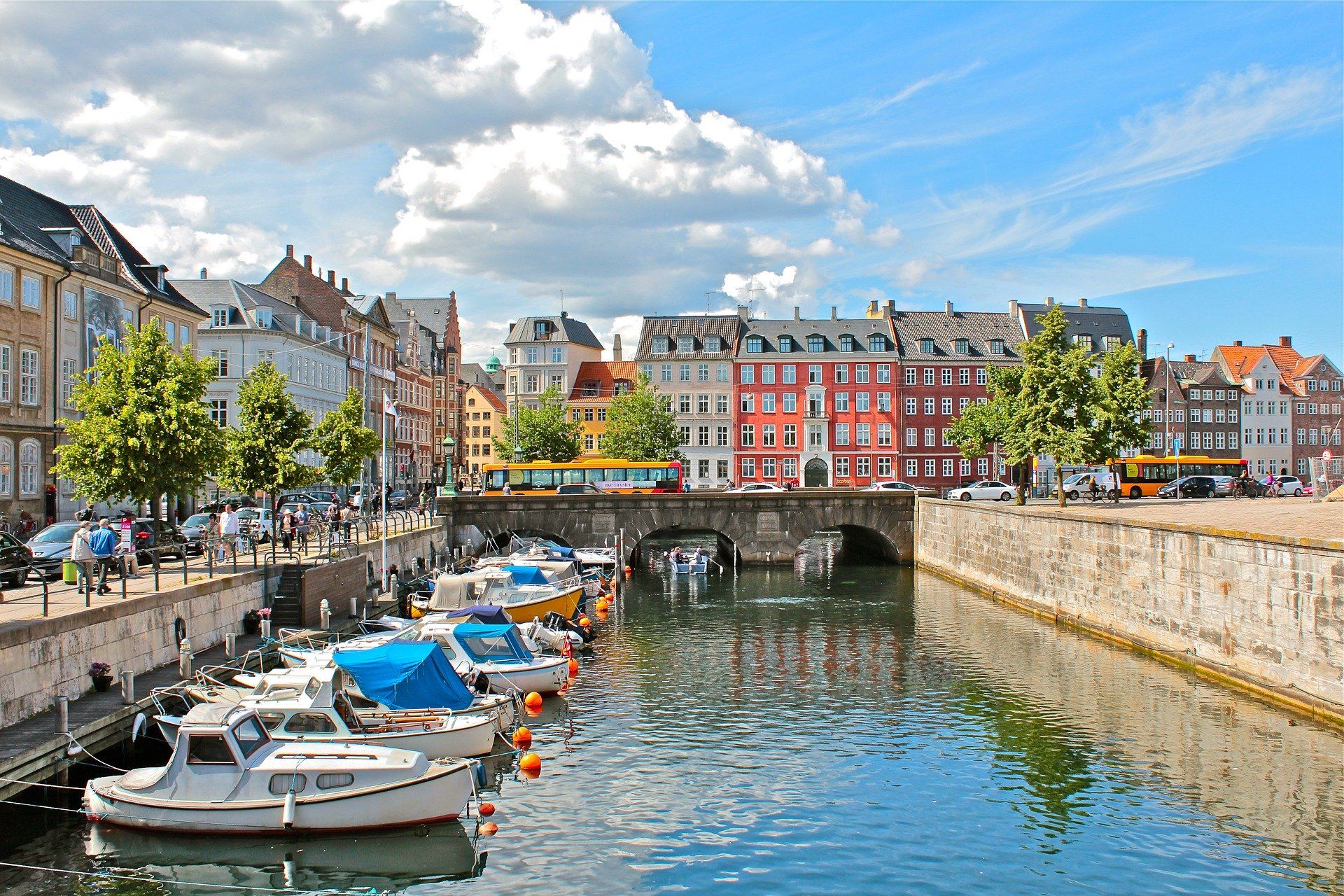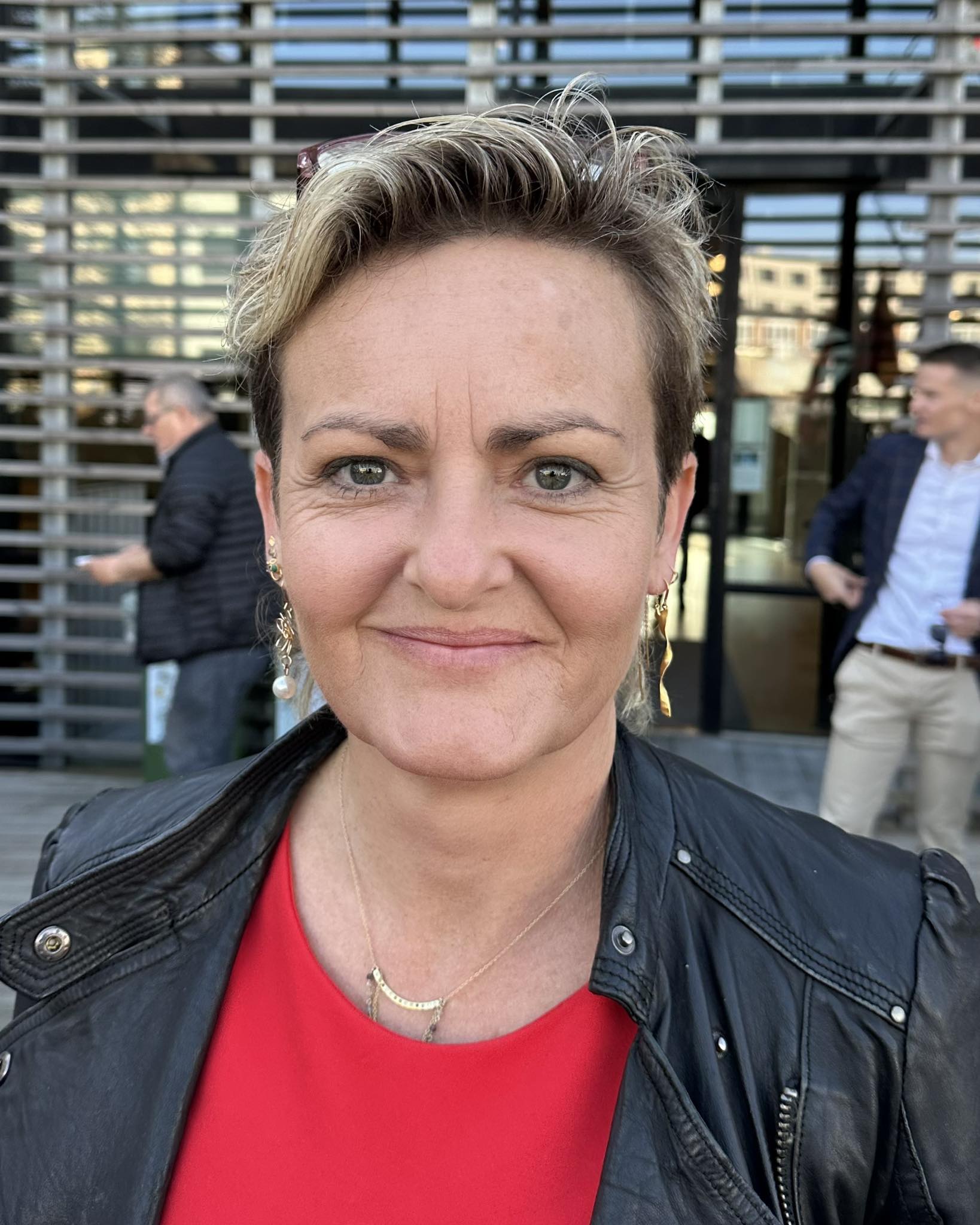Only 60,034 Danes were accepted to university this year – a dramatic fall from the 67,425 offered places last year. It is the lowest number since 2011, when 59,600 are admitted. Some 19,703 applicants were rejected.
Nursing and pedagogy have been particularly hard hit, experiencing 18 and 15 percent falls in the number of accepted applicants.
While at least six courses had to be discontinued due to the lack of interest (see factbox below).
Aftermath of COVID-19
Even though universities were encouraged to accept more students due to COVID-19, the number of applicants is still a long way short of 2019, when 65,714 were admitted.
Bjarke Tarpgaard Hartkopf, the head of further education at EVA, attributes part of the fall to a rise in the number of young people taking one or more gap years.
In fact, the percentage of applicants taking at least three years out between their upper-secondary education and university has increased from 33 percent in 2018 to 41 percent this year.
Pressure on society’s welfare
The minister of higher education and science, Jesper Petersen, is deeply concerned about what this will mean for Danish society, especially as he was hoping there would be an increased number of new students on nursing courses – a sector in decline due to poor pay and working conditions that led thousands to strike in 2021.
Meanwhile, the decrease in prospective pedagogy or teaching graduates is putting pressure on schools and kindergartens.
According to an analysis completed by DAMVAD Analytics in 2021, Denmark will need 35,000 extra pedagogues, teachers and nurses by 2030.












